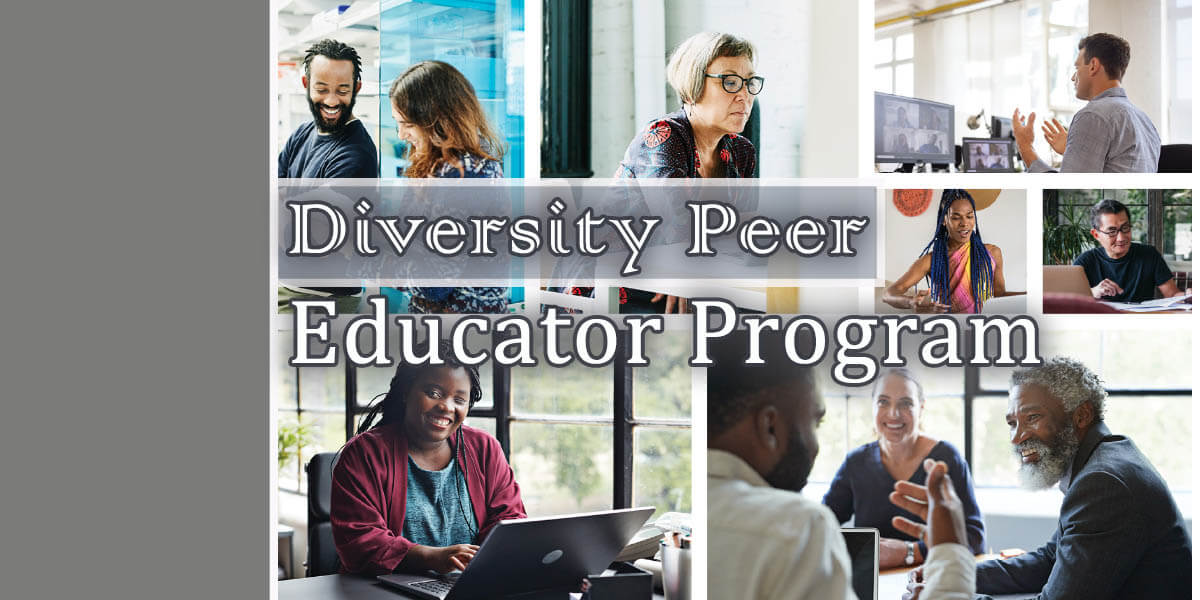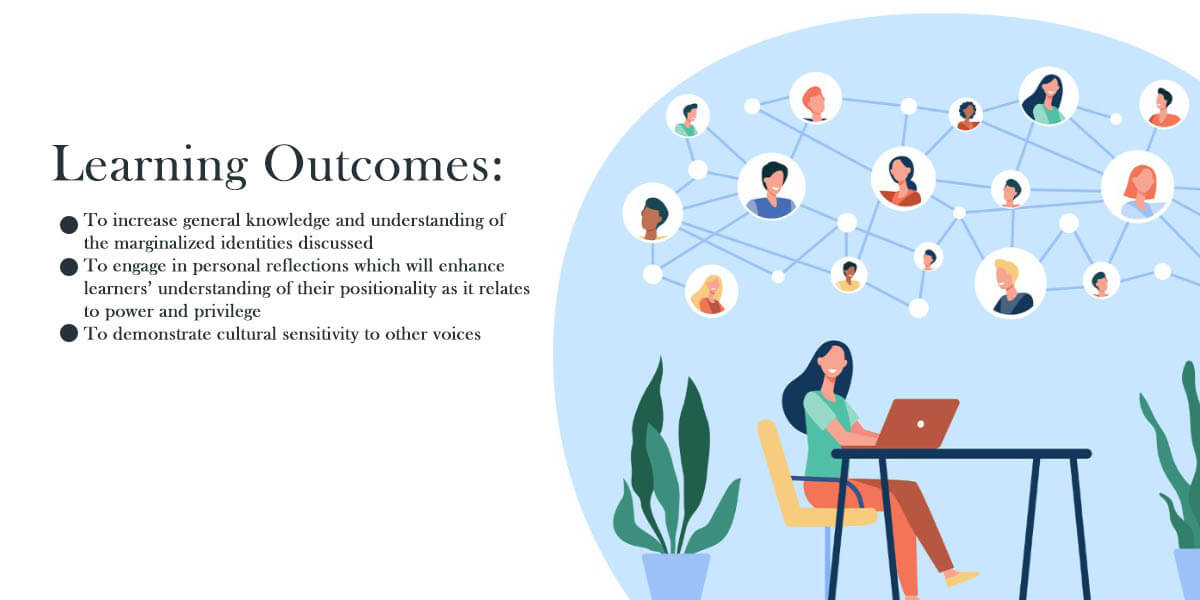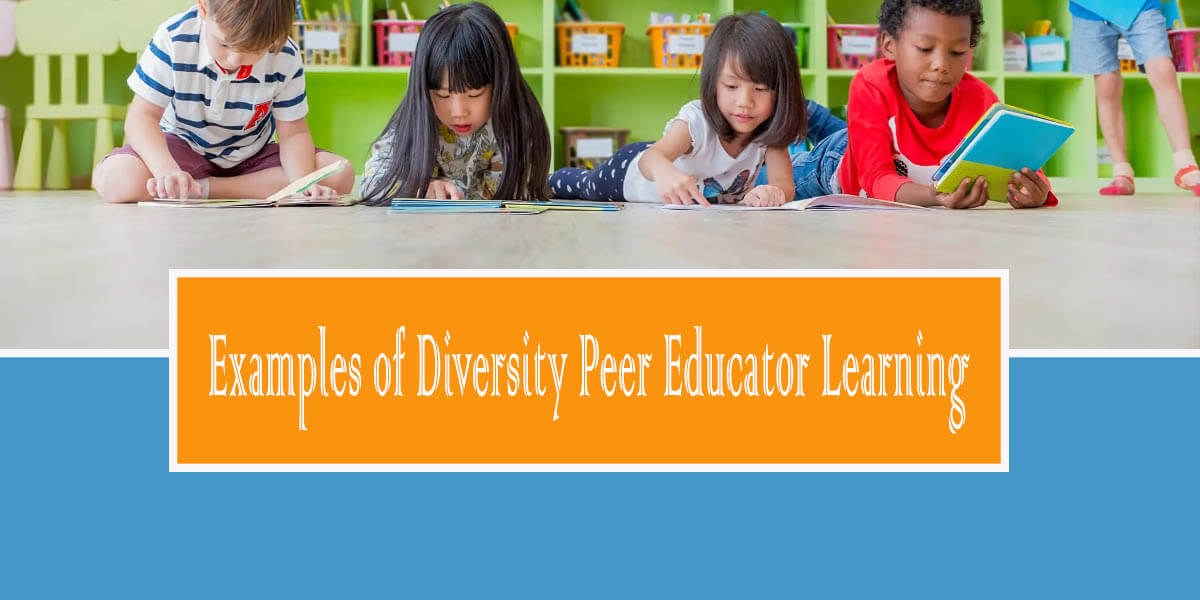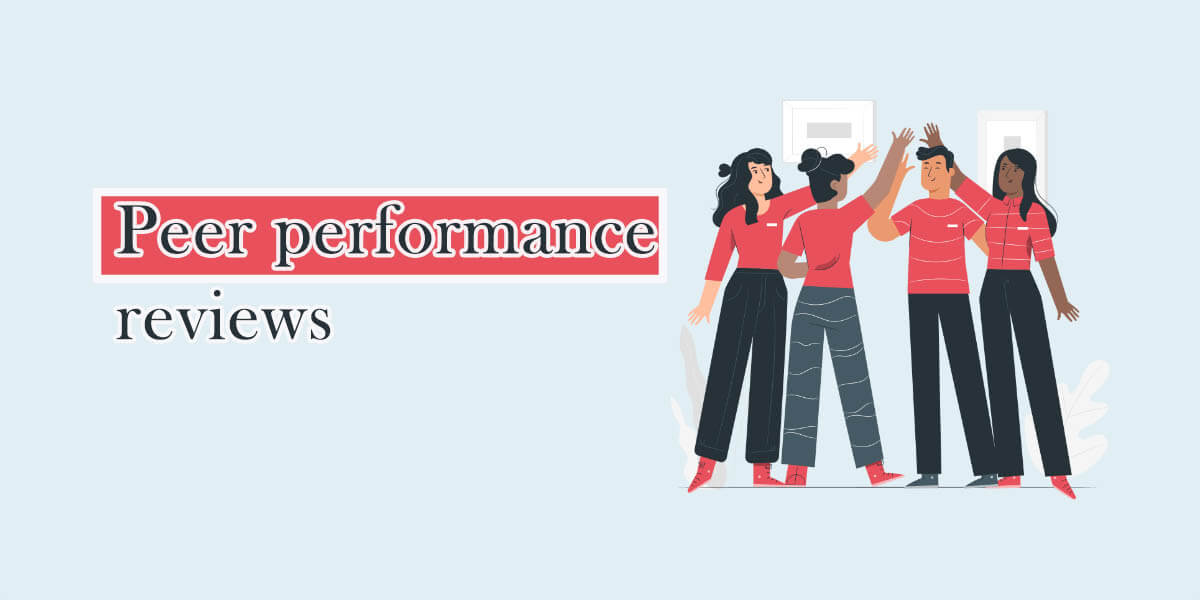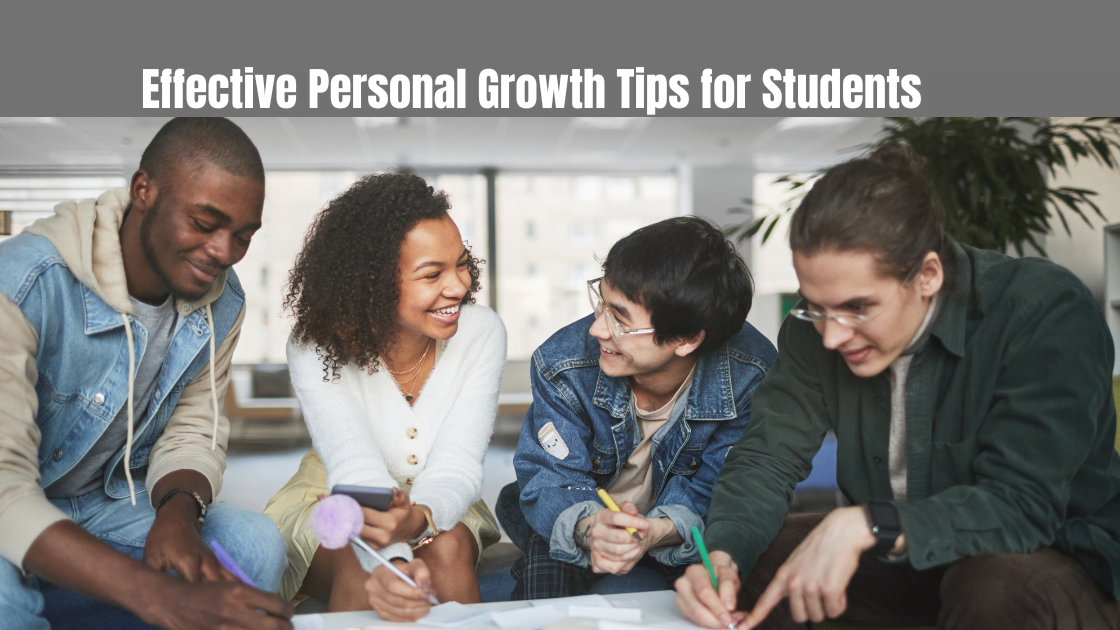Diversity Peer Educators (DPEs) are integral in cultivating an inclusive campus environment. As student leaders, DPEs organize dialogues to enhance cultural understanding and promote respect among their peers. This comprehensive guide explores the Diversity Peer Educator Program’s systematic approach and impact.
Each section includes best practices from DPE facilitators, student participant insights, and administrators’ reflections. The program’s vision leverages peer-to-peer learning to continuously improve diversity outcomes when integrated across campus. Most importantly, every student feels empowered and supported.
Mission & Vision
The Diversity Peer Educator Program’s mission is to create a learning environment that celebrates diversity and contributes to an inclusive campus community. DPEs teach and advocate for issues of diversity and inclusion among their peers through open communication experiences.
The program’s vision is to promote an intellectual co-curricular experience characterized by understanding diversity, difference, privilege and respect for all identities. DPEs encourage civic responsibility and social justice within the campus community.
Primary Goals & Objectives
The primary goal is to enhance campus inclusiveness through peer dialogues on cultural understanding, diversity and inclusion. DPEs organize icebreakers, team-builders and activities to establish safe spaces for identity exploration and finding common ground.
Objectives include gaining cultural competence, promoting appreciation of differences, limiting stereotypes, understanding behaviour impacts, and encouraging bias reporting. DPEs aim to increase knowledge and cultural sensitivity among peers.
DPE Selection & Qualifications
The selection process ensures a diverse cohort of student leaders. Requirements include a minimum GPA, commitment to social justice values, strong communication skills and involvement in diversity programs.
Preferred qualifications comprise leadership potential, community service, and coursework in social justice. DPEs represent varied identities, experiences, majors and backgrounds to relate to diverse peer groups effectively.
Learning Outcomes
Through DPE workshops and dialogues, peers strengthen general knowledge and cultural understanding of marginalized identities. Participants engage in personal reflections, enhancing positionality awareness of power and privilege.
DPEs demonstrate appropriate language use and cultural sensitivity when discussing identities different from theirs. Peers gain insights, value diversity and commit to inclusive actions benefitting the campus community.
Program Implementation
DPEs conduct needs assessments to design targeted presentations, workshops and open sessions addressing specific issues. Requests come from student groups, departments and organizations.
Facilitated learning ranges from icebreakers and team-builders to interactive activities and discussions. DPEs cultivate brave spaces, encouraging open yet respectful exchanges of ideas and perspectives.
Assessment & Impact
Surveys and focus groups gather anonymous feedback evaluating the effectiveness of DPE sessions and the program. Aggregated data identifies curricular strengths and gaps, informing continuous quality enhancement.
Quantitative metrics and qualitative reflections indicate increased cultural understanding and appreciation of differences among peers. An inclusive campus climate benefits all community members.
Real Student Stories
Student spotlights provide a human perspective on the program’s impact. One shared overcoming shyness to facilitate discussions empowering peers. Another note is exploring identity and finding community among DPEs. Student voices inspire the campus.
Administrator Insights
Administrators appreciate how DPEs enhance diversity initiatives on tight budgets. The Dean reflected the program “engages students in ways other approaches cannot.” DPEs strengthen the retention of underrepresented students.
Peer Facilitator Practices
Expert DPE facilitators share practical advice. Strategies include:
- Setting group norms.
- Promoting brave space.
- Asking thoughtful questions.
- Actively listening.
- Encouraging participation and providing constructive feedback.
Community Partnerships
Collaborations with identity resource centres and multicultural organizations expand DPEs’ capacity. Joint programs enhance inclusive excellence across the institution. Partners appreciate DPEs’ student-centered approach.
Continuous Improvement
Advanced reporting identifies curricular strengths and gaps, informing ongoing enhancement. The program coordinator appreciates anonymized data guiding strategic planning and resource allocation benefiting all stakeholders.
Pioneering Inclusion
DPEs continue innovating to realize their vision through advocacy, outreach and representation. Expanding language accessibility and customizing interfaces ensure programming reaches all identities. Partnerships strengthen marginalized community support.
Preparing Inclusive Leaders
Most importantly, DPE experiences nurture tomorrow’s student leaders, ready to cultivate understanding and positively impact society through a respectful exchange of ideas. Alumni note skills strengthening career success and civic engagement.
International Perspectives Broaden Horizons
The program enhances global citizenship by partnering with international student groups. DPEs collaborate on intercultural workshops exploring traditions, values and current issues from varied cultural lenses.
Exchange students share their homeland perspectives, while domestic students discuss navigating diversity in America. Peer discussions dismantle stereotypes and misconceptions through respectful inquiry. Enhanced intercultural competence benefits all.
Alum Impact and Insights
Alums remain engaged by mentoring new DPE cohorts and participating in campus discussions. One reflected, “Skills cultivating understanding among diverse peers guide my inclusive leadership approach daily in my career.”
Others note the program inspired a lifelong commitment to social justice issues. DPE experiences empower graduates to challenge bias respectfully and advocate for marginalized communities throughout society as engaged global citizens.
Pioneering the Future of Inclusion
The program continuously innovates through community partnerships, curriculum advancements and assessment. Expanding language accessibility and interface customization ensure all identities feel empowered.
Deeper interdisciplinary connections through collaborative challenges apply learnings to real-world issues. Most importantly, DPEs empower future generations of student leaders to cultivate understanding and positively impact the global community.
Cultivating Change Through Storytelling
DPEs leverage the power of storytelling to cultivate understanding and inspire action. Through interactive workshops, peers share personal narratives exploring their identities, family histories and how their experiences intersect. Hearing authentic voices from varied backgrounds dismantles stereotypes and assumptions. DPEs then guide small groups in crafting collective stories, weaving together diverse perspectives on challenges and hopes for the future. These collaborative tales strengthen relationships while empowering participants to challenge bias through respectful advocacy using lessons learned. Administrators appreciate how storytelling cultivates change in subtle yet profound ways, complementing didactic discussions.
Read More: A Step-by-Step Teaching Guide to Close Reading Strategies
Assessing Sociocultural Impact Through Ethnographic Study
To comprehensively evaluate program effectiveness, researchers partner with DPEs to conduct multi-year ethnographic studies observing campus climate transformations. Qualitative data gathered through participant observation of dialogues and campus involvement, interviews, focus groups, and document analysis provides nuanced insights into sociocultural impact that is challenging to quantify. Preliminary findings indicate DPE interactions inspire formerly apathetic peers to engage in difficult yet necessary conversations. Researchers witness previously siloed groups building understanding and alliances through courageous exchanges of perspectives. Studies also identify program elements most successfully disseminating learnings institution-wide to cultivate inclusion systematically. Ongoing assessment ensures continuous improvement aligning with evolving needs. Partnerships with DPEs strengthen research relevance and accessibility.
Conclusion
In conclusion, Diversity Peer Educators exemplify how empowering student voices through peer-led dialogues systematically transforms campus climate. A data-driven approach allows personalized growth across the institution. Continuous assessment guides future excellence in inclusion. Most of all, each student feels supported.


